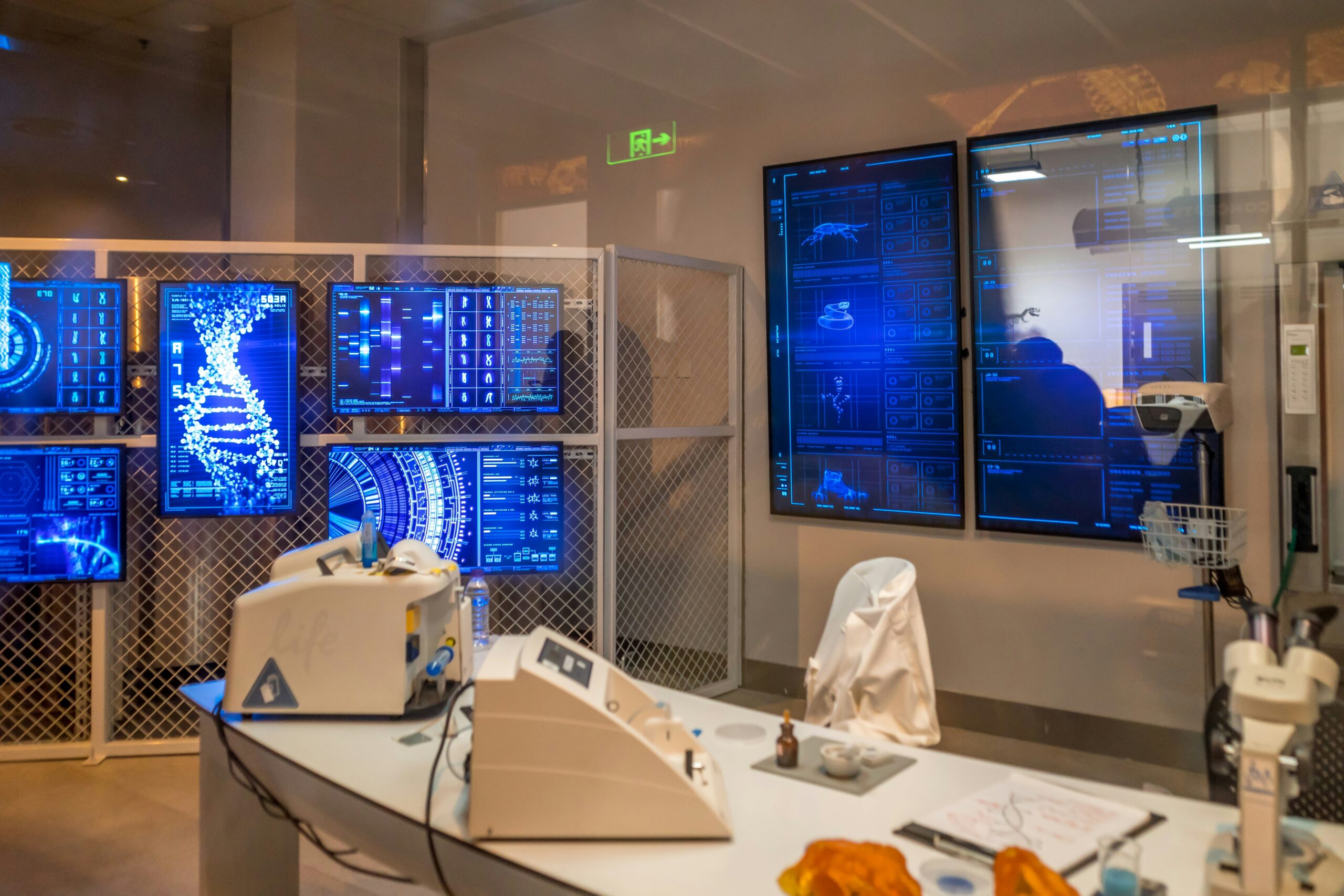Introduction
The health care system is no longer what happened a decade ago. With the introduction of medtech innovations, patients today experience rapid diagnosis, more accurate treatment and better access to the health care system. The integration of AI in the healthcare system, advanced unknown health equipment and telemedicine platforms has brought a revolution that forms the future of therapy. When we enter a new era, the trends of medical technology show to be the driving force behind a healthy and more associated world.
What is Medtech?
Small medtech for medical technology refers to all equipment, equipment, software and systems that help improve health services. From stethoscopes and X-ray machines to AI-operated diagnostic tools and robotic surgery, medical technology plays an important role in improving patient results. Today, digital health solutions build in the gap between doctors and patients and ensure better care for you.
AI in the health care system: flat, fast and more accurate
One of the most influential medical technology trends is the use of AI in the health care system. Artificial intelligence has the power to quickly analyze large versions of medical data, which helps doctors detect diseases in the initial stage.
For example:
• AI algorithms can read X-rays, MRI and CT scans with incredible accuracy.
• Machine learning tools help to predict the patient’s risk.
• AI Chatbots help patients with basic health questions.
In the health care system, it is expected to expand further in the role of artificial intelligence, which makes medical treatment fast, cost -effective and more reliable.
Health equipment: empowering patients
The days have come when patients often have to visit hospitals to monitor health. With portable health equipment such as smartwatch and exercise tracks, people can monitor important signs such as heart rate, oxygen level and sleep patterns.
Health services include some benefits of using equipment:
• Real -time health monitoring.
• Early discovery of nonconformities.
• To encourage healthy lifestyle habits.
• Distribution of data with doctors.
These units not only improve personal health awareness, but also reduce the pressure on the health care system by promoting preventive care.
Telemedicine Platform: Health Service Without Limit
Telemedicine platforms have replaced how patients and doctors join. Through safe video calls and mobile apps, patients can now receive medical advice from home.
The benefits of telemedicine include:
• Save time and money on travel.
• Provides access to experts in remote areas.
• Increase the patient’s consequences after treatment.
The development of virtual healthcares became clear during the epidemic, but now it has become a permanent solution in modern medicine.
Robotics in surgery and smart hospitals
Another remarkable trend in health technology is robotics in surgery. Robot weapons allow doctors to perform very complex surgery with accuracy, reduce the risk and the time of improvement.
Similarly, smart hospitals are emerging all over the world, equipped with automatic systems, digital records and AI-operated equipment that make the treatment more efficient.
Challenges in medtech
While Medtech Innovation changes health services, there are also challenges:
• Data Privacy: To save patient data securely.
• Cost: Advanced medical equipment is expensive.
• Training: Doctors and nurses require training for new technologies.
It is necessary to control these challenges to make digital health solutions widely available.
Medtech’s future
The future of medical technology is incredibly promising. With the integration of AI into health services, portable units and telemedicine platforms, the health care system will become more individual, sharp and smart. Patients want more control over their health, and doctors will have better equipment for diagnosis and treatment.
Conclusion
Medtech innovations are defined health services and create opportunities for a healthy future. From AI to portable health equipment and telemedicine platforms in the health care system, the therapy journey becomes more patient-centered and technology-driven. Since these medical technology trends continue to develop, the world will witness better access to health services, better treatment accuracy and the time of increased patient experiences. Integration of health technology is no longer an alternative – this is the basis for tomorrow’s health care system.

